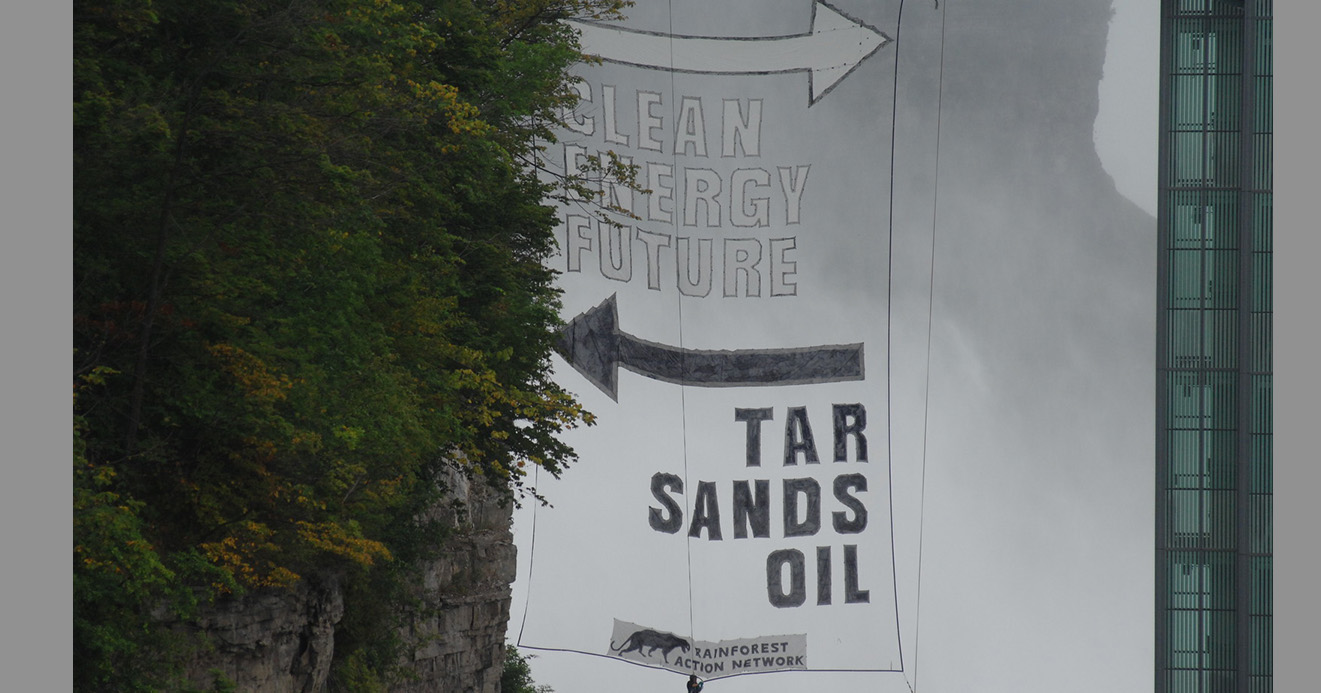I almost died five years ago.
I was visiting my partner’s parents in Corpus Christi, Texas, when it became difficult to breathe. Corpus Christi is infamous for its refineries — in 2016, the CDC found that “the Corpus Christi Refinery Row area showed higher rates of asthma, two types of birth defects, and certain cancers compared with other areas.” They also found that air pollutant levels measured there had the “potential to cause or worsen respiratory problems.”
It felt like an elephant was sitting on my chest. Looking back, it’s obvious to me that industrial air pollution triggered my asthma.
But at the time I didn’t know I had asthma, so I waited too long to go to the hospital. Instead, I took a Benadryl and slept upright in a living room chair while my partner slept beside me on the couch to monitor me. He wanted to make sure I didn’t stop breathing.
When I finally went to the hospital, doctors kept me in the E.R. for hours while my partner anxiously waited outside, not knowing what was going on. I had to stay in the hospital for a week.
One of the medical technicians told me that because I didn’t respond to treatment at first the ER doctors were afraid I would die that night.
My story is not unusual. Communities that live near fracked-gas pipelines and terminals, coal power plants, and tar sands pipelines face serious health risks. And of course, the refineries spewing asthma-inducing pollutants are also releasing greenhouse gases — leading us to climate chaos. That’s why I felt sick to my stomach when I watched Trump announce he was pulling out of the Paris Accord on Climate Change.
The Paris Accord was a groundbreaking first step in tackling global warming and upholding human rights. Donald Trump’s foolish decision flies in the face of science and will send the U.S. backwards — locking us into a regressive, outdated and disastrous future of burning more fossil fuels, creating more pollution, and spurring more health consequences.
As the daughter of immigrants, I was disgusted by the “America first” language of his speech. As the sister of a doctor, I am outraged by this administration’s denial of the scientific facts and the reality of destructive climate change.
As someone who was raised in the Rust Belt city of Buffalo, NY, which faced poverty and unemployment after industrial factories shut down, I know that people are desperate for good jobs in this country. But there are rich employment and economic opportunities in renewable energy — jobs that don’t carry the health risks, environmental destruction, and human rights abuses of the fossil fuel industry.
We can’t count on a government motivated by corporate greed and white nationalism to protect the environment and uphold human rights.
That’s why RAN and our grassroots partners campaign for — and win — policies that stop banks from financing Big Oil, Big Coal, and Big Gas.
CEOs like Jamie Dimon of JPMorgan Chase have stated they will stay on Trump’s advisory committee despite Trump pulling out of the Paris Accord. JPMorgan Chase is the number one Wall Street funder of tar sands, one of the dirtiest types of oil on the planet. RAN is working to hold banks like JPMorgan Chase accountable for their continued investment in extreme fossil fuels.
That’s why I’m proud to work at RAN. Alongside our partners, we have the strategy, passion, and commitment to stop banks from financing fossil fuel projects that would be disastrous for our communities and climate.
Join the fight to stop banks from financing fossil fuel projects.
